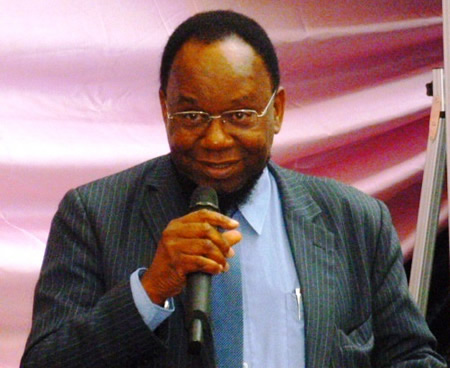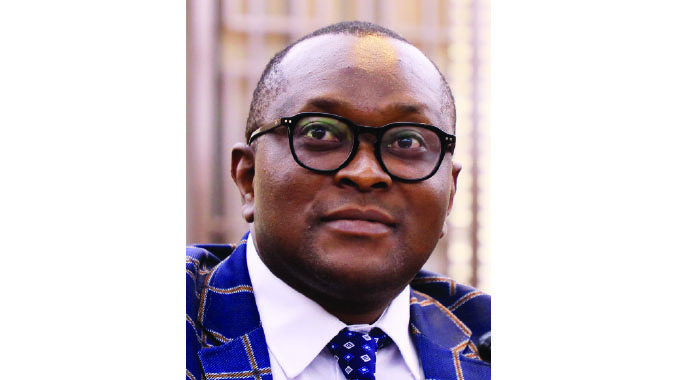Mixed views over teacher incentives

Farirai Machivenyika Senior Reporter
PARLIAMENTARIANS in the National Assembly on Tuesday expressed mixed views on the issue of incentives for teachers and holiday lessons with some MPs calling on Government to reverse its ban on the two measures as a way of boosting morale and improving results in the education sector.
The legislators said this while contributing to a motion by Mbizo representative Mr Settlement Chikwinya (MDC-T) calling on Government to convene an all-stakeholders’ conference on the education sector.
The Minister of Primary and Secondary Education, Cde Lazarus Dokora, introduced a raft of measures that include a ban on holiday lessons, teacher incentives, entrance examination fees for form 1 places and conducting sporting activities during the week.
“Incentives were not actually borne by the teachers themselves. It was actually the ministry in 2010, which came up with a circular allowing schools, if they hold a general meeting where parents agreed to pay teachers’ incentives.
“This went a long way in improving results in 2010 and 2011. However, when we put a ban to this, we saw a de-motivation of teachers. It is a public fact that our teachers are under-remunerated,” Mr Chikwinya said.
Mr Chikwinya accused Minister Dokora of not consulting parents when crafting policies that affect their children.
On the issue of holiday lessons, Mr Chikwinya said it had been the norm that Grade 7 pupils have extra lessons to prepare them for their final examinations.
Mabvuku-Tafara representative, Mr James Maridadi (MDC-T), said it was time that ministers were compelled to send their children to public institutions so that they witness the effects of their policies.
“In 1980, schools were separated into Group A and Group B schools, but the Government removed that and all schools began to be treated equally. However, the policies that are being put by the minister now do not affect private schools because that is where most ministers’ children go,” he said.
“I think Government should come up with a policy that compels all ministers to send their children to public schools so that they also feel the impact of the policies they create.”
Mr Maridadi said most private schools had days during the week that were dedicated to sporting activities, yet public schools were being denied the same privilege.
He accused the minister of ignoring stakeholders in the education sector after he failed to address a meeting of the National Association of School Heads because they refused to include his views on their agenda. However, Buhera West representative, Cde Oliver Mandipaka (Zanu-PF), said the matter must be looked at holistically including the effects of illegal sanctions on the economy.
“For us to have a good education delivery system, the economy should also be performing well. However, the economy is not functioning properly because of the illegal sanctions.
“The minister came up with those policies because he had looked at the plight of all Zimbabweans. While those in urban areas may afford to pay the money for extra lessons and incentives, those in rural areas cannot afford,” Cde Mandipaka said.
He said instead of convening a conference, Government should implement recommendations of the Nziramasanga Commission that was instituted in 1999 as it proposed a number of policy measures to improve the state of the education sector. Makoni South representative, Cde Mandi Chimene (Zanu-PF), said most rural parents could not afford fees for extra lessons or incentives because they were struggling to pay fees.







Comments